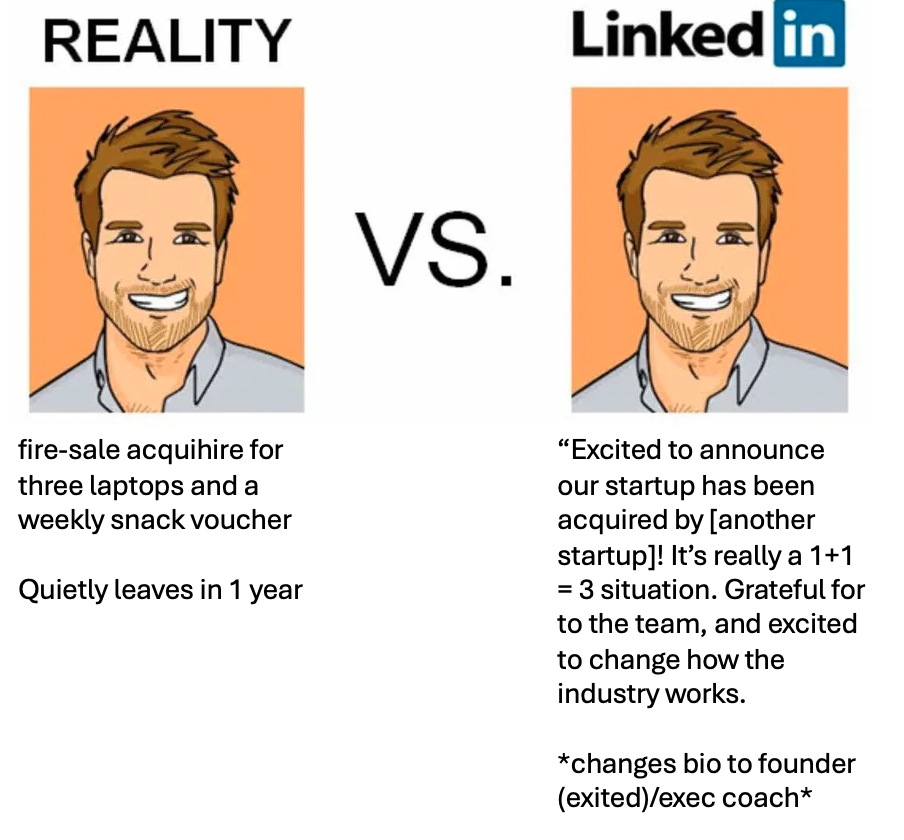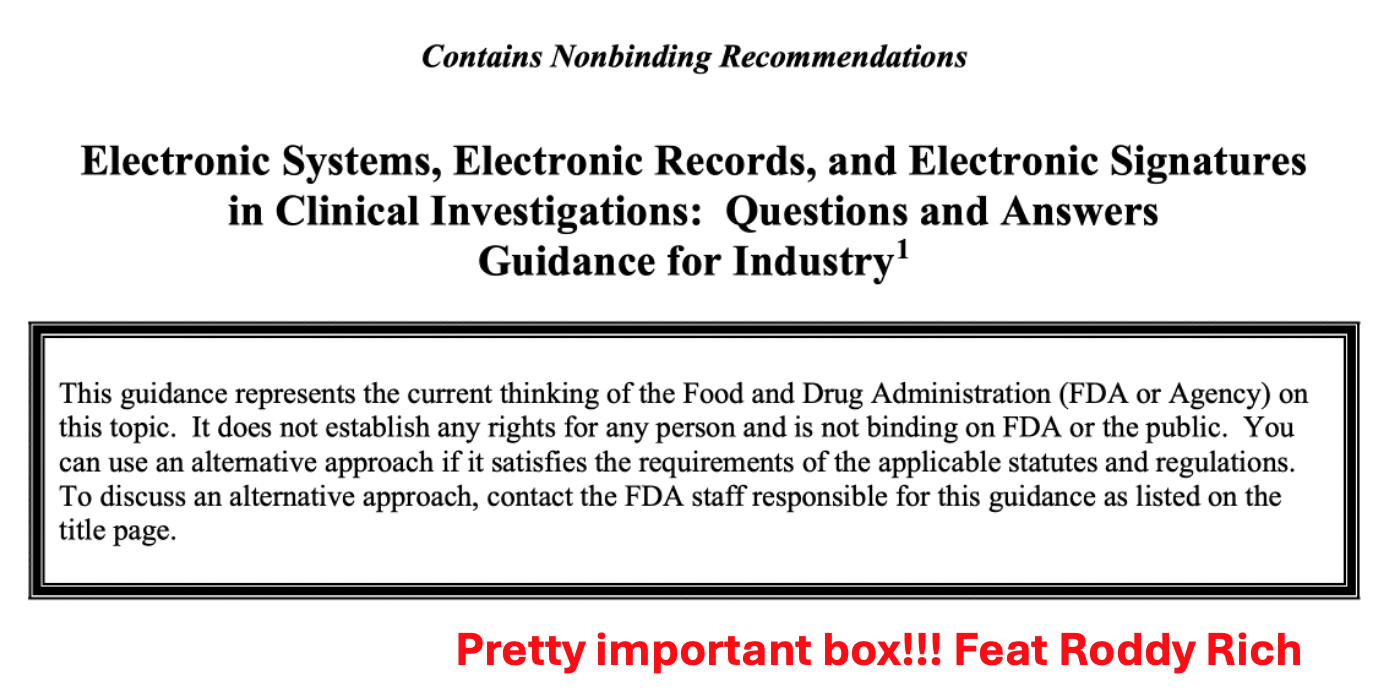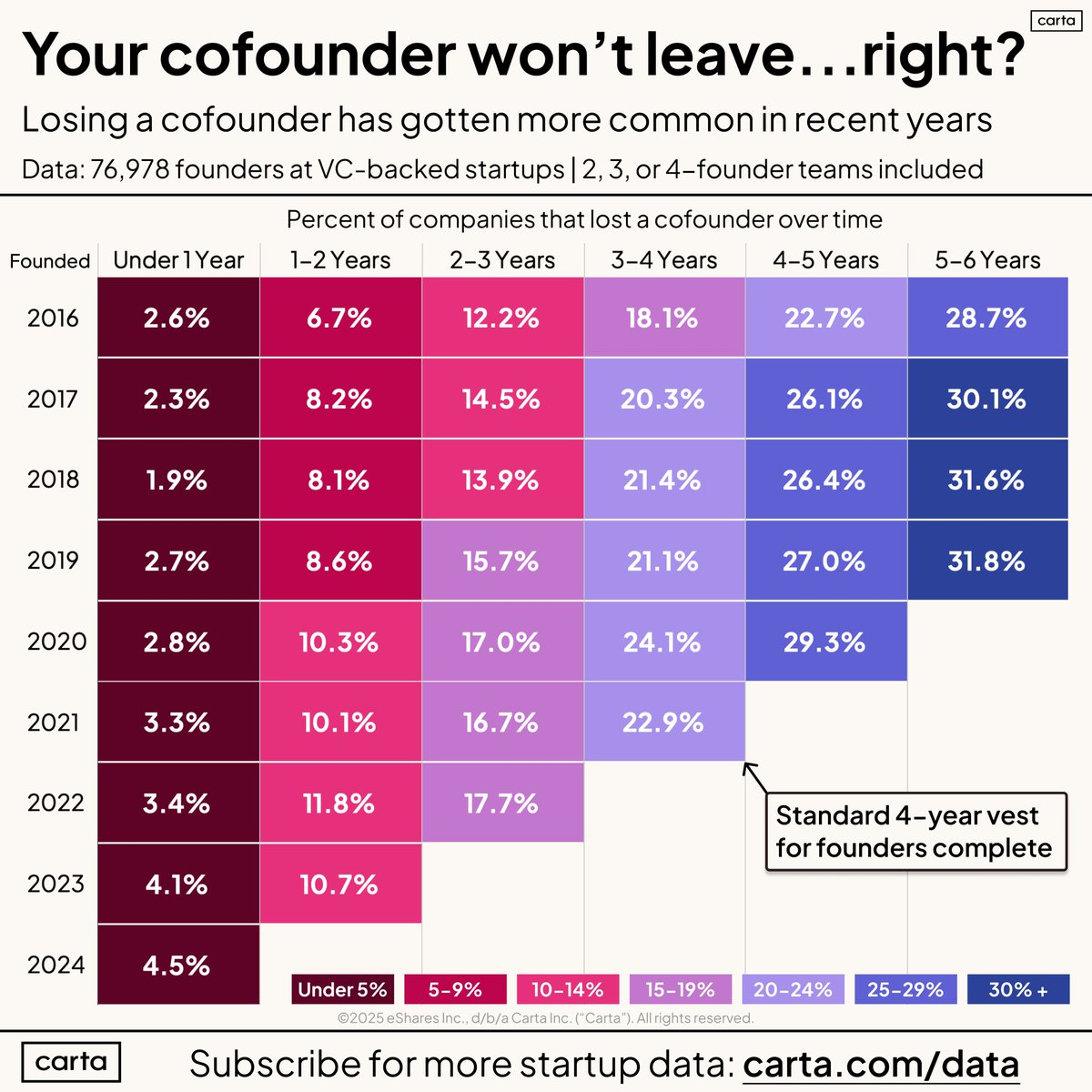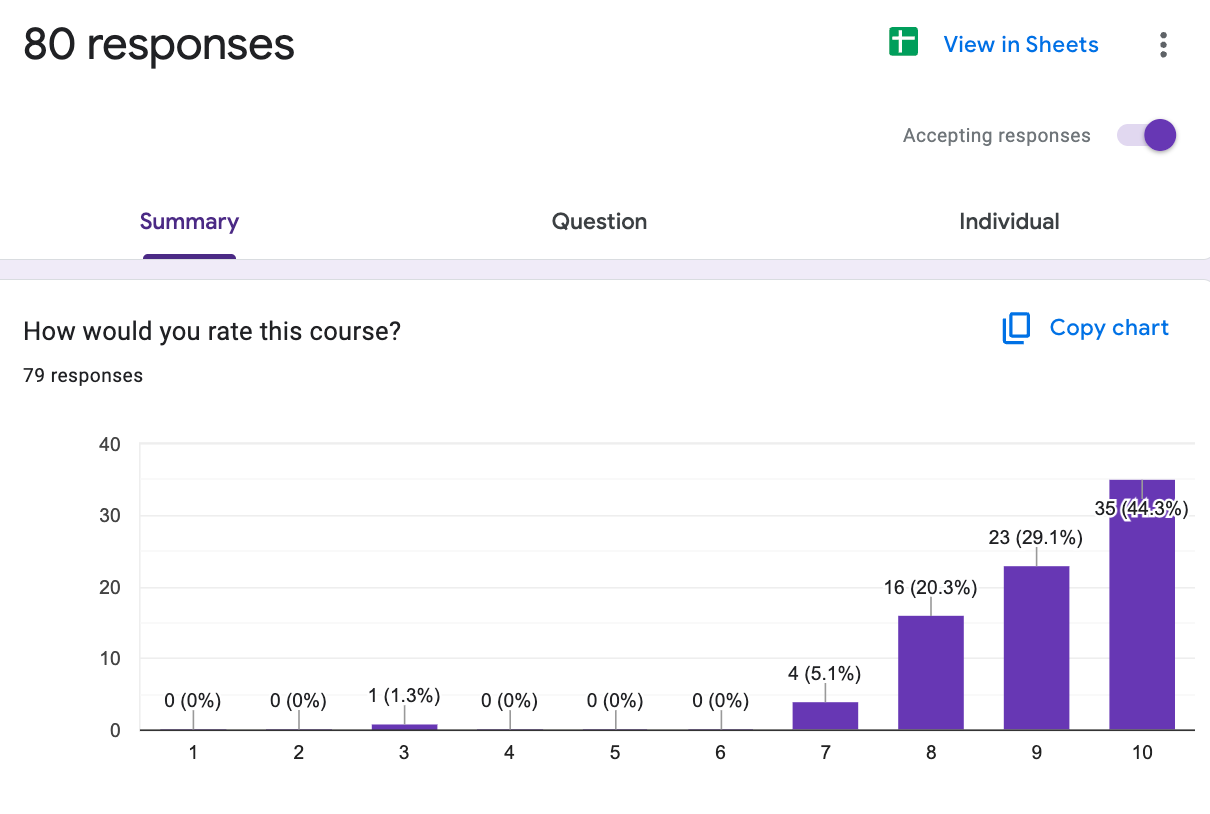Advice and Lessons for Healthcare Founders
Get Out-Of-Pocket in your email
Looking to hire the best talent in healthcare? Check out the OOP Talent Collective - where vetted candidates are looking for their next gig. Learn more here or check it out yourself.
 Hire from the Out-Of-Pocket talent collective
Hire from the Out-Of-Pocket talent collectiveIntro to Revenue Cycle Management: Fundamentals for Digital Health

Network Effects: Interoperability 101
.gif)
Featured Jobs
Finance Associate - Spark Advisors
- Spark Advisors helps seniors enroll in Medicare and understand their benefits by monitoring coverage, figuring out the right benefits, and deal with insurance issues. They're hiring a finance associate.
- firsthand is building technology and services to dramatically change the lives of those with serious mental illness who have fallen through the gaps in the safety net. They are hiring a data engineer to build first of its kind infrastructure to empower their peer-led care team.
- J2 Health brings together best in class data and purpose built software to enable healthcare organizations to optimize provider network performance. They're hiring a data scientist.
Looking for a job in health tech? Check out the other awesome healthcare jobs on the job board + give your preferences to get alerted to new postings.
New Discussion Post
Today I have a new post and discussion topic. To reiterate the rules:
I’ll pose a question and give my thoughts. In a future newsletter, I’ll include ~3 of my favorite replies. I’ll possibly even make a meme related to your answer.
Good answers are ones with a novel viewpoint, data to back up their claim, personal stories, and avoid clearly shilling something.
Please reply with your thoughts and let me know if you want to have your name included or be anonymous. You have to be on the newsletter to submit a reply to it, obviously.
Try to keep answers to two paragraphs or less, please. This obviously doesn’t apply to me because it’s my newsletter and these are house rules.
Things I’ve Learned Running a Company
Out-Of-Pocket is 5.5 years old now. This is my first real company, I’m not including flipping calculators and my shoe painting business. I’ve learned some stuff about running a company in that time that no one told me about.
Simultaneously, I’ve also spent a lot of time as a venting/soundboard partner for many healthcare founders. I just give “trauma dumping” vibes, I think it’s the smile. So, I’ve heard an incredibly long list of issues they’ve faced.
Many of you, dear newsletter subscribers, have either founded companies yourself or are thinking about founding one (aka. you know exactly when the YC application dates are). I don’t think it’s possible to really understand what it’s like to run a company until you do it, but I thought this would be a fun topic to discuss.
What’s some founder advice or lessons you’d share with other healthcare founders reading this? The more specific, fun stories, and not usually talked about, the better. Don’t give me some hustle porn nonsense.
I’ll give a few I’ve either experienced myself or heard from other healthcare founders.
{{interlude 1}}
Almost Everything You See Online is Wrong or Embellished
Just remember that anything that anyone posts online is a form of marketing. I can guarantee you that several of the companies you’ve seen being celebrated for their success were exits that returned 0 money. They were effectively acquisitions for press release purposes. Many of those founders went on to become executive coaches or advisors, which I find very confusing!

You’ll constantly feel the need to compare your company to their company. You’ll also feel the need to be “poasting”, and “building in public”. I just want to assure you that there are a lot of people building very killer businesses silently because their customers are not spending time on Linkedin. They’re keeping quiet, moving like lasagna, and doing so without posting every micro success online.
The worst version of this are people who lean into #founder lifestyle. Talking about how it’s so much better than their corporate jobs even though they’re working more hours, or how hard founder lyfe is but you were made for it, or posting every panel they’re on where they’re celebrated for being a founder. As soon as you start making your whole identity being a founder, you’ve already lost.
No One Cares as Much as You - It’s Just a Job for Everyone Else
You are the biggest champion of your own company. You have to get other people just as excited as you to care. Yes, when you’re doing the pitch for the 1,000th time and you start disassociating, you need to still be excited.

And the inverse of that, 90% of the people you talk to are at a job because it is a 9-5 that pays the bills. They absolutely do not care about your company or solving the problems as badly as you do. Most of them take on all the risk if something goes wrong and very little upside if things go right. That’s true of many of your employees, your partners, and the people you need to sell into.
They do not feel the urgency the way you do, and basically your entire job is to make them feel some sense of excitement and urgency to overcome apathy. You’ll need to come to terms quickly that for most people their job is just a job. In healthcare this tends to be more true especially if you’re a services business that employs people who have never worked at startups before.
There are Differences Between Guidelines and Laws
A law is something elected officials make and triggers penalties if you’re not doing it. Guidelines are a list of suggestions/advice on what the standard way of doing something is, usually made by a committee or organization. Guidelines also update much more quickly than laws.
Almost everyone assumes that if something is not done a certain way, it’s because there's a law against it. This is especially true in healthcare. But in a lot of cases, it’s just guidelines that have become commonplace. And in fairness, there are lots of scenarios where a law will point to guidelines which makes everything a little blurrier.
An example - in clinical trials you’re constantly beaten over the head that everything has to meet Good Clinical Practice (GCP) compliance. This is basically a guiding set of rules for anyone involved in running clinical trials - how patients should be treated, data handled, etc. But they are not laws! And the guidelines constantly change, but the people in trials typically read them once and internalize them without hearing about the updates..

So when you try to do something like push for e-signatures for consent instead of wet ink signatures, you’ll get a surprising amount of pushback saying it’s not legally possible because of GCP. Your job then becomes explaining that’s not true and/or finding the audit trail you have set up to make this compliant where there might not be explicit guidance.
The reality is that most of the companies you talk to are run by risk averse people that don’t want to change anything and use this as an excuse. Make sure you know when something is a law vs. a guideline, and what the guidelines actually say. And then fight when you’re right!!
You’re Very Likely Going to Lose One of the Co-Founders
The running joke is that every startup has one “lost” co-founder. The one who was there at the start, maybe still owns a sizable chunk of equity, but left or was kicked out and they were lost to the sands of time.
A lot of times this is because:
- You have co-founders with clear swim lanes that start overlapping, or you start hiring people with significant expertise that’s kind of doing the job of one of the co-founders. That co-founder gets relegated to “special projects” and then eventually everyone’s trying to figure out what that person actually does.
- You have founders with an even equity split but suddenly one of the founders isn’t doing jack shit and they’re just constantly being guests on podcasts talking about how it’s “good for the company brand”. Resentment starts building here.
- There’s a conflict in terms of the direction you want to take the company. One co-founder explicitly wanted to build a CONSUMER product, but you realize the only way to actually generate revenue is by billing CPT codes, so you start building for providers. A schism in the vision can cause an irreconcilable rift.
- Certain founders grow through stages of companies, others don’t. Some founders love building 0-1 projects and prototyping but hate managing people or don’t have the capacity. Some become less hungry as things become more stable.
- Life happens. Someone has a medical issue in their family and needs stability, another person’s spouse lost their job, etc. Curveballs get thrown constantly.

This isn’t to dissuade you from getting a co-founder - you absolutely should. There’s nothing more satisfying than winning with friends. But just know that a co-founder breakup is way more common than you think. You absolutely can still be friends/hang with them after, but in my experience, most people’s relationships materially change with their co-founder if this happens. It’s the same way people say you can be friends with an ex. Technically true, but…
It is 100% a worthwhile exercise to go through very rigorous co-founder interviews (example here), even with someone you know really well. This at least helps identify issues up front + you can go back to reference this exercise if a potential situation you talked about comes up. Honestly I think people should do this in dating too, but y’all are not ready for that conversation.
Lawsuits and Legal Letters are Way More Common Than You’d Expect
One thing I didn’t really realize until spending time with founders is how many frivolous lawsuits you get when you start a company that are a total mental tax to deal with (especially when some of them name you personally).
- Patent trolls claiming you’re infringing on an extremely broad patent they own
- Copyright/trademark suits
- Employee lawsuits that might seemingly have no basis
- Privacy suits around the California Consumer Privacy Act (CCPA) that significantly stretch definitions
- Cease and desists left right and center for things you didn’t even know were desistable
These can be all kinds of random. A founder friend had a payday lender come after them. One of their customers was supposed to get a refund from their company, that person had a payday loan they couldn’t pay back, and the lender realized the company was more likely to pay anyway, so they sued.
I think laws are important, obviously. But many of these are too small or not worth the cost of lawyering up. This forces the company to settle.
But I think in general it’s so bad for the startup ecosystem - it distracts companies, shortens their runway, and takes a mental toll on the founders. Just know that again, you’re not the only one dealing with it.
Get Used to Intertwining of Relationships and Sales
The reality of starting a company is that you are constantly going to be selling. And the reality is that in a lot of cases you’re going to be leveraging your personal relationships in those sales.
For example, when you’re hiring you’re probably going to try and hire people you’ve worked with. A lot of those people are probably friends at this point, or at least people you want to have positive relationships with. But when you’re selling your company idea to them to work for you, they aren’t just coming as co-workers anymore. Their livelihood is now tied to you delivering.
Or your first or second enterprise customer is going to be a champion at a company that you’ve known previously. I think this is ESPECIALLY true in healthcare, where everyone is risk-averse and the only way to break through that is by building trust on a personal level with your buyer. That person is likely sticking their neck out for you, and the future of your relationship with that person will probably be dependent on you delivering.
This is also what can make the founder journey feel lonely; it can feel like it distorts relationships in certain ways. And I think it’s one of the sacrifices you have to be prepared to make.
On a personal level, I feel this all the time building this business. I’m sorta selling and sorta friends with a lot of people in healthcare because we all have that as a shared mutual interest. I’ve definitely soured some relationships along the way, but also it feels AWESOME when you’re winning with friends professionally, too.
There Are…So Many “Taxes” You’ll Have to Pay
When you start a new healthcare company, you’ll do some back-of-the-napkin math on your costs and how much money you think you’ll need to make. But then suddenly a whole slew of random things you’ll need to pay for will come up:
- Wait, accessing this dataset costs money?
- Why does it take our customer 9 months to pay us? How do we make payroll until then?
- We need to pay a vendor to manage “merchant risk”? What does that even mean?
- Why does every vendor want 5x more for a HIPAA compliant version of the same product?

- We have to pay a licensing fee to use CPT codes? Aren’t they just numbers?
- Why is this Delaware Franchise Tax hundreds of thousands of dollars? Did I just s*** myself? Oh wait, they used the wrong calculation.
- I need my law firm to review another contract? Guess we’re eating water for dinner tonight.
Plus, everyone is going to try and scare you about compliance knowing that you don’t actually know the rules. Some are real and some aren’t; be sure to talk to other founders about this.
One of the frustrating parts about this seemingly endless stacking of costs to get started is that you’ll feel an enormous pressure to raise money early as a result. And I get it, who wants to pay hundreds of thousands of dollars out of their own pocket? (And there’s a separate conversation around the types of people who CAN start businesses at all because of the costs.)
But as soon as you take money, you’re going to be pushed into creating a certain kind of business with growth expectations. I’m not saying you shouldn’t raise money, but you should do it because you think it’s the right fit for your business and not because it seems like everything is more expensive than you thought.
There are Still a TON of Good Reasons to Do It
My editor (voice in my head) informed me that “this is kind of a bummer”. So I also wanted to say that it’s f***ing awesome to start something.
- You deeply give a shit about what you’re doing, you actually feel good going into work, and every win is an emotional high.
- Seeing a thing you willed into existence help people is awesome, especially when you talk to people and they’re ecstatic about what you’re building.
- You have way more control over the situation and visibility within the company. When you’re an employee sometimes it feels like things “happen” to you, when you’re running the company, you at least feel agency over the situation.
- Winning as a team with your employees/partners is basically the closest you’ll get to feeling like you won the Superbowl.
- You’ll attract people that share the same values as you and meet really awesome people along the way. Even if the company doesn’t work out, it really is about the friends you made along the way.
- Each day feels like fires are burning but sometimes you’ll have random anime style life flashbacks where you suddenly realize how many things you got done in 5 years.
- Everyone awkwardly skates past this, but it’s awesome financially if things work out! In a regular job your exposure to the upside of the company doing well is relatively limited; it doesn’t get higher risk and higher financial reward than running the company. I’m trying to get rich enough that I have to track 181 days in a primary residence and my kids turn out maladjusted.
- It is absolutely DEVASTATING to the haters when you’re winning. I keep a couple faces in the back of my head, you know who you are.

The last thing I’ll say is that don’t let anyone tell you what counts as founding a company. The number of times people have asked “when are you going to start something?” always surprised me. Yeah I'll start something, a fight.
If you do a thing, and someone pays you directly for it, you founded a business. It’s not any more complicated than that.
I want to hear from more of you that have been down the journey of starting a company in healthcare. What’s some founder advice or lessons you’d share with other healthcare founders reading this? The more specific, stories, and “not usually talked about” the better. I’ll keep you anonymous if you want.
Thinkboi out,
Nikhil aka. "6x exited founder (all failed)"
Thanks to Ashish Advani for reading drafts of this
Twitter: @nikillinit
IG: @outofpockethealth
Other posts: outofpocket.health/posts
P.S. If you just recently incorporated your company, you should consider re-incorporating it because the new Qualified Small Business Stock tax changes are pretty significant if you incorporated after July 4th. Good explainer here.
--
{{sub-form}}
If you’re enjoying the newsletter, do me a solid and shoot this over to a friend or healthcare slack channel and tell them to sign up. The line between unemployment and founder of a startup is traction and whether your parents believe you have a job.
INTERLUDE - FEW COURSES STARTING VERY SOON!!
See All Courses →A reminder that there’s a few courses STARTING VERY SOON!!
LLMs in healthcare (starts 9/8) - We break down the basics of Large Language Models like chatGPT, talk about what they can and can’t do in healthcare, and go through some real-world examples + prototyping exercises.
Healthcare 101 (starts 9/22) - I’ll teach you and your team how healthcare works. How everyone makes money, the big laws to know, trends affecting payers/pharma/etc.

We’ll do group rates, custom workshops, etc. - email sales@outofpocket.health and we’ll send you details.
INTERLUDE - FEW COURSES STARTING VERY SOON!!
See All Courses →A reminder that there’s a few courses STARTING VERY SOON!! And it’s the final run for all of them (except healthcare 101).
LLMs in healthcare (starts 9/8) - We break down the basics of Large Language Models like chatGPT, talk about what they can and can’t do in healthcare, and go through some real-world examples + prototyping exercises.
Healthcare 101 (starts 9/22) - I’ll teach you and your team how healthcare works. How everyone makes money, the big laws to know, trends affecting payers/pharma/etc.
How to contract with Payers (starts 9/22) - We’ll teach you how to get in-network with payers, how to negotiate your rates, figure out your market, etc.
We’ll do group rates, custom workshops, etc. - email sales@outofpocket.health and we’ll send you details.
INTERLUDE - FEW COURSES STARTING VERY SOON!!
See All Courses →A reminder that there’s a few courses STARTING VERY SOON!! And it’s the final run for all of them (except healthcare 101).
LLMs in healthcare (starts 9/8) - We break down the basics of Large Language Models like chatGPT, talk about what they can and can’t do in healthcare, and go through some real-world examples + prototyping exercises.
Healthcare 101 (starts 9/22) - I’ll teach you and your team how healthcare works. How everyone makes money, the big laws to know, trends affecting payers/pharma/etc.
How to contract with Payers (starts 9/22) - We’ll teach you how to get in-network with payers, how to negotiate your rates, figure out your market, etc.
Selling to Health Systems (starts 10/6) - Hopefully this post explained the perils of selling point solutions to hospitals. We’ll teach you how to sell to hospitals the right way.
EHR Data 101 (starts 10/14) - Hands on, practical introduction to working with data from electronic health record (EHR) systems, analyzing it, speaking caringly to it, etc.
We’ll do group rates, custom workshops, etc. - email sales@outofpocket.health and we’ll send you details.
INTERLUDE - FEW COURSES STARTING VERY SOON!!
See All Courses →Our Healthcare 101 Learning Summit is in NY 1/29 - 1/30. If you or your team needs to get up to speed on healthcare quickly, you should come to this. We'll teach you everything you need to know about the different players in healthcare, how they make money, rules they need to abide by, etc.
Sign up closes on 1/21!!!
We’ll do group rates, custom workshops, etc. - email sales@outofpocket.health and we’ll send you details.

Interlude - Our 3 Events + LLMs in healthcare
See All Courses →We have 3 events this fall.
Data Camp sponsorships are already sold out! We have room for a handful of sponsors for our B2B Hackathon & for our OPS Conference both of which already have a full house of attendees.
If you want to connect with a packed, engaged healthcare audience, email sales@outofpocket.health for more details.







